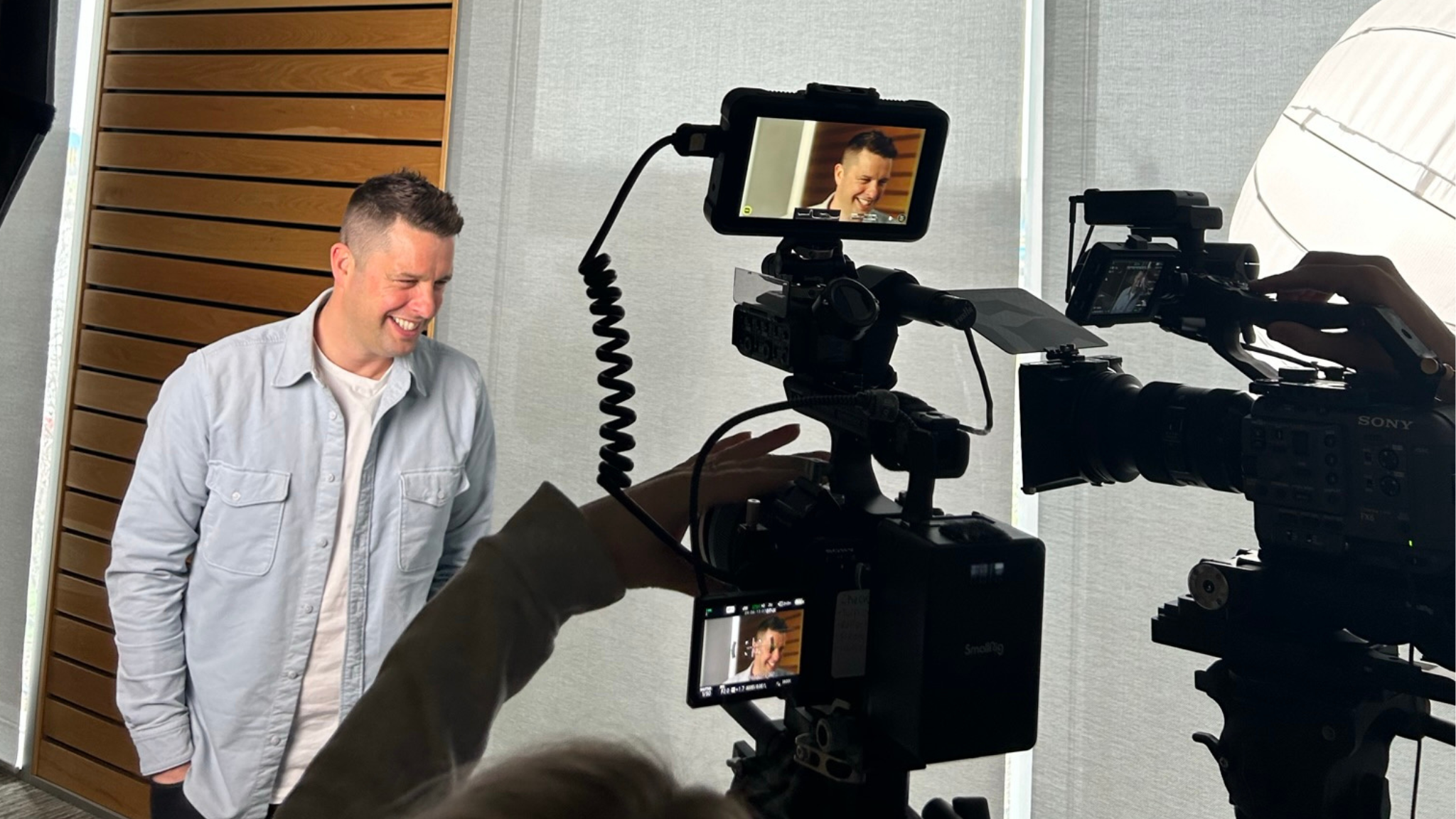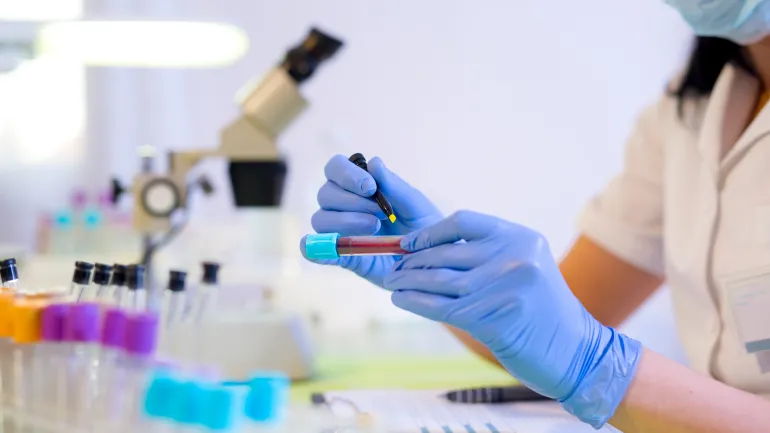We’re thrilled to launch our captivating series of digital case studies spotlighting cancer innovations happening in Wales.

Featuring pioneering projects from QuicDNA and CanSense, this series demonstrates a commitment to advancing cancer care through innovative technologies and approaches.
Improving cancer outcomes in Wales is a priority. We’re working with health, social care, academia and industry to accelerate the development of pioneering cancer care solutions. This video series highlights the remarkable work of QuicDNA and CanSense, focusing on advancements in early detection and targeted treatments. These innovations have the potential to save lives, improve patient outcomes, and reduce strain on healthcare systems.
The case study videos feature two significant projects:
QuicDNA: This project involves cross-sector partners and funders to ensure the widespread reach and impact of liquid biopsy technology. A liquid biopsy is a simple and non-invasive alternative to surgical tumour biopsies done through a blood test, or can be used to complement tumour biopsy to shorten the time to treatment. The video also features insights from Craig Maxwell, discussing the impact of this project, and the importance of ongoing fundraising efforts.
“I think Craig has been absolutely quite unique in this. He’s taken the opportunity, albeit with an advanced diagnosis of cancer, to say what can he do to improve both the system and improve outcomes for patients coming after him. Which is quite inspirational for the rest of us. He’s inspiring us to work more effectively across Wales.” Professor Tom Crosby, Cancer Clinical Director for Wales
CanSense: med-tech startup focused on developing a blood-based assay for the non-invasive diagnosis of bowel cancer, using AI-driven models. Colorectal cancer, also referred to as bowel cancer, ranks as the third most common cancer globally. It accounts for approximately 10% of all cancer diagnoses and is the second leading cause of cancer-related deaths worldwide.
“Patients understand the CanSense blood test: it's simple, acceptable and strongly preferred over unnecessary colonoscopies. The ability of the test to detect the earliest signs of cancer is incredibly exciting. What CanSense is doing is really changing the landscape of how we detect cancer for good. It’s a really exciting place to be at the moment.” Professor Dean Harris, Clinical Directory of CanSense.
Cancer can prevent people from living healthier and longer lives, and increase pressures on the health and social care system. We can help improve this by driving life science innovation to the frontline of care.
"Cancer care in Wales is advancing, but challenges remain. By showcasing innovations like QuicDNA and CanSense, we aim to inspire and show how innovative technologies can transform cancer detection and treatment. Partnerships across health, social care, and industry are vital. We foster collaboration to accelerate the deployment of innovative cancer care solutions.” - Cari-Anne Quinn, CEO, Life Sciences Hub Wales
Watch the full video series to learn more about the innovative work being done by QuicDNA and CanSense on our YouTube channel.
We also encourage industry partners with innovative solutions to cancer care to join us in the fight against cancer. You can submit your innovations here: Innovation enquiry form | Life Sciences (lshubwales.com)
A special thank you to all stakeholders involved in both projects. Through our collaboration, we've accelerated the deployment of innovative cancer care in Wales.
QuicDNA: AWMGS, Health and Care Research Wales, Centre of Trials Research, Aneurin Bevan University Health Board, Cardiff & Vale University Health Board, Wales Cancer Network, Welsh Gov, Moondance Cancer Initiative, Tenovus Cancer Care, Amgen, Illumina, AstraZeneca, Bayer, Lilly
CanSense: Cancer Research Wales, Health and Care Research Wales, National Institute for Health and Care Research (NIHR), Swansea Bay University Health Board, Swansea University, and many more.





